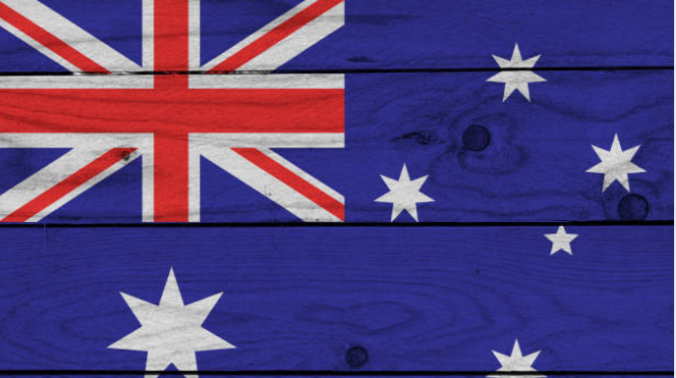New Zealanders just received good news when Associate Health Minister Peter Dunne announced dramatic changes to the country’s policy on cannabidiol (CBD).
Until now, CBD has been considered a Class B controlled drug, which has severely limited the ability of sick patients to access this essential medicine. Now, thanks to the new ruling from the Ministry of Health, individuals seeking to use cannabidiol for medical purposes will no longer require explicit approval from the agency to do so.
“I have taken advice from the Expert Advisory Committee on Drugs (EACD) that CBD should not be a controlled drug and I am pleased Cabinet has now accepted my recommendation to make the change,” Dunne said in a prepared statement.
The new regulations are expected to take effect in about two months and will allow physicians in New Zealand to prescribe CBD (up to a three-month supply) much like they would any other prescription medicine.
Challenges Remain
While this new ruling is a cause for celebration among patients, they will still face significant barriers to access, at least in the short-term.
Supply and quality control issues are going to be a major concern initially. For doctors to prescribe cannabidiol, they will need to source and import products from other countries. New Zealand does not allow for the production of CBD and most of the countries that currently manufacture medical grade CBD products have tight restrictions on exports.
Cost will be an ongoing issue as well. Currently, there is no plan for the Pharmaceutical Management Agency (Pharmac) to subsidize the costs of cannabidiol. These products can easily cost several hundred US dollars per month or more which may price out some potential users.
Finally, there is still strong skepticism within the medical community about the benefits and applications of medical cannabis. It is reasonable to expect that many doctors may need more convincing from their patients before they are willing to prescribe CBD.
Despite these obstacles, New Zealand’s new stance on CBD is a huge step forward for the country and its patients, as well as for the international cannabis reform movement. Another first-world country has shown its strong support for CBD, validation that it is a treatment alternative that is as beneficial as other conventional drugs.

